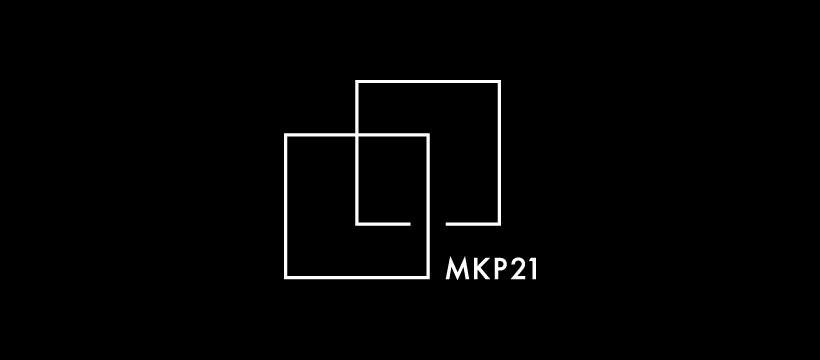Wash Your Bowl
Cleaning the room, doing the laundry, washing the dishes … are you bored with your everyday chores? Now, it’s time to look at them from a totally different perspective. Today’s Koan, as you could see in the title, is about washing your bowl after the meal. It suggests that everything one needs for self-inquiry is already here in every moment of our everyday life.
A monk called Joshu (who I introduced in my blog post “Zen Dog” ) and an anonymous monk are the two characters in the story. One day, this monk comes to the temple Joshu lives, and asks how he should practice Zen. Joshu, in return, asks this monk if he has finished eating his meal. As the monk tells Joshu that he has already done so, Joshu gives him a seemingly very mundane kind of direction: “Wash your bowl.”
So, what’s the point about Zen practice and washing the bowl? This monk, in search for truth, may have come to Joshu to find some esoteric training method or a highly effective technique of meditation, or, an ultimate liberating talk from the master. For Joshu, however, these are not his concern at all. That isn’t the point. His sole concern, the single important point, is to awaken the counterpart to the Truth of what is (and has been) always here and now.
Joshu, with his word sharp as a knife, at the same time directly points to the start, path, and the goal of the practice, all of which ultimately point to the same Truth. Let’s have a look in an upside-down order. First, the goal. “Wash your bowl.” This three-syllable utterance is the goal. It is not an instruction. It is that, the right moment this phrase is pronounced, Truth is already there, or more precisely, the phrase IS Truth. The only thing needed for a practitioner is to realize that and make himself / herself at home in that realization.
Second, the path=practice=washing your bowl. You wash the dish, and when doing the dishes, inquire into doing the dishes. Ask what it really is. Ask “What is this?” or “Who is it that’s doing this?“ This is the primary practice. We might say “Bah, that’s a boring chore!” but there’s something more to it. Next, as a complementary practice, do this: as you ask the above question(s) when washing the dishes, have a close but a curious, relaxed look at the sensations that comprise the experience of washing the bowl. The shape of the dishes, their color, the sound of the water, the coldness of the water, and so on. This will reveal the fact about dishwashing and this supposed “you” that is waking the dishes, in a way that we haven’t even imagined before.
Third, the beginning. We’re back to the right moment Joshu says “Wash your bowl.” Have you noticed anything? Yes, the beginning is the goal! Path is an imaginary link that connects the beginning and the goal, whose sole aim is to have the practitioner realize that s/he has been at the goal from the very beginning. In a sense, every endeavor is utterly futile, and there is no path whatsoever … but that is not nihilism. Nihilism is an idea, but realization is something that ideas can never capture. With a deep realization on who you really are - what is present, right now in this moment, we come to relax into it, whatever circumstance it appears as.
So, again, let us inquire into this gem of Joshu’s: “Wash your dishes.” It can be “Do your homework" or “Make some sandwiches.” Ask what they really are, and remember to observe the sensations that comprise the experience.
